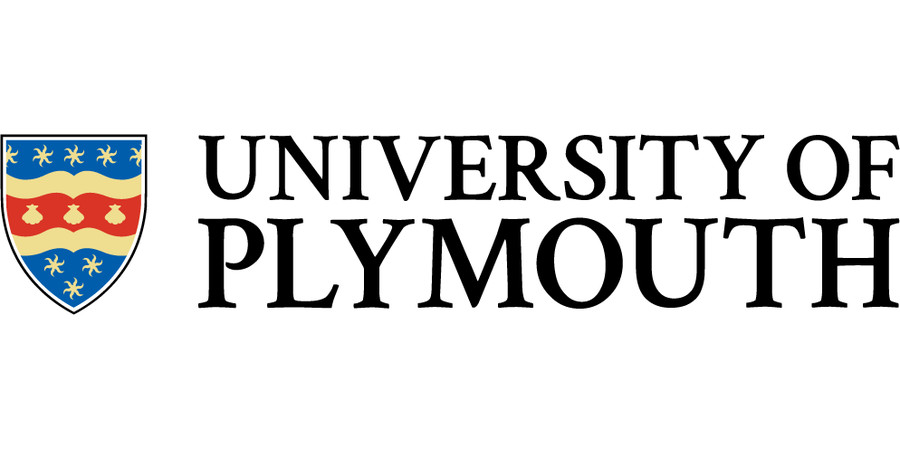PhD Marine Sciences – “Anthropogenic Impacts on Growth and Protein Metabolism in the European Sea Bass, Dicentrarchus labrax”
University of Plymouth
| Qualification Type: | PhD |
|---|---|
| Location: | Devon, Plymouth |
| Funding for: | UK Students, EU Students, International Students |
| Funding amount: | £20,780 per annum 2025-26 rate (2026-27 UKRI rate TBC) |
| Hours: | Full Time |
| Placed On: | 13th November 2025 |
|---|---|
| Closes: | 7th January 2026 |
DoS: Dr Keiron Fraser (keiron.fraser@plymouth.ac.uk)
2nd Supervisor: Dr Benjamin Ciotti (benjamin.ciotti@plymouth.ac.uk)
3rd Supervisor: Professor Simon Lamarre, Université de Moncton, Canada
Applications are invited for a 3.5 years PhD studentship. The studentship will start on 01 October 2026
Project Description
Scientific background
Pollution of coastal waters by sewage is of major concern, but little is known about the biological impact on animals, or interactions with other stressors such as ocean warming. Growth is essential in all animals, allowing individuals to reach a threshold size for reproduction and occupy adult ecological niches. Soft-tissue growth is essentially achieved by the synthesis and retention of proteins, an energetically expensive process, typically accounting for 25-40% of the energy required by an animal. This study will make the first detailed analysis of how sewage pollution and warming seas are likely to affect protein metabolism and growth during the critical juvenile life stage, of the socioeconomically important, European seabass.
Research methodology
Fish will be exposed to four water temperatures and to sewage pollution levels regularly detected in UK coastal waters that fail safe bathing standards (Escherichia coli >500 cfu/100ml; Intestinal enterococci >185 cfu/100ml). Experimental water temperatures will range from current UK summer temperatures, to those likely to occur in the UK in the next decades. Fish will be individually maintained in recirculating seawater aquaria and fed daily. At the end of the experiments, growth, protein synthesis and protein degradation will be measured.
In parallel, field-based measurements will be made of protein degradation pathways, and growth/protein synthesis proxies in wild fish at times of high and low sea temperature, in concert with measurements of seawater sewage contamination, to better understand how the detailed lab studies relate to fish living in the wild.
Training
This is an exceptional opportunity to develop highly relevant skills broadly spanning field and laboratory approaches to understand how human impacts affect animal populations. Training will be provided in field-based fish sampling techniques, fish husbandry, cutting-edge methods to measure protein synthesis utilising a deuterium-labelled phenylalanine flooding dose in Plymouth, as well as a range of advanced methods to measure protein degradation pathways, during a training visit to Canada.
Person specification
We seek an enthusiastic individual with a degree in marine biology, biology, biochemistry or a related subject.
Eligibility
If your first language is not English, you will need to meet the minimum English requirements for the programme, IELTS Academic score of 6.5 (with no less than 5.5 in each component test area) or equivalent.
Successful candidates who meet UKRI’s eligibility criteria will be awarded a fully-funded ARIES studentship of fees, maintenance stipend, £20,780 p.a. for 2025/26 (2026/27 rate TBC) and research costs.
If you wish to discuss this project further informally, please contact Dr Keiron Fraser, keiron.fraser@plymouth.ac.uk
Please see here for a list of supporting documents to upload with your application.
Please click on the 'Apply' button above for further information and to apply.
The closing date for applications on 7th January 2026.
Advert information
Type / Role:
Subject Area(s):
Location(s):









